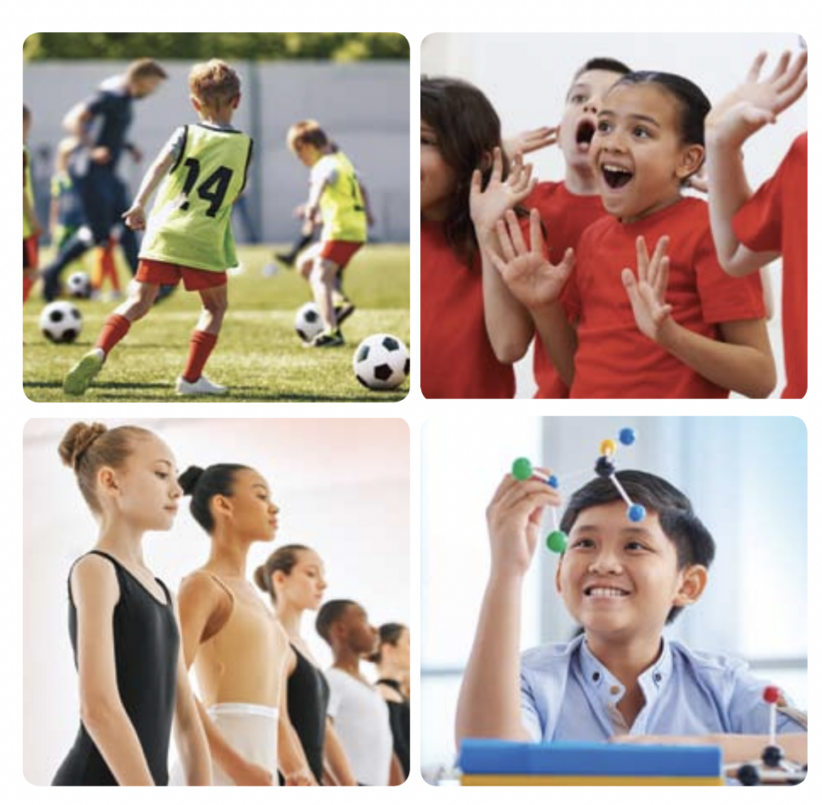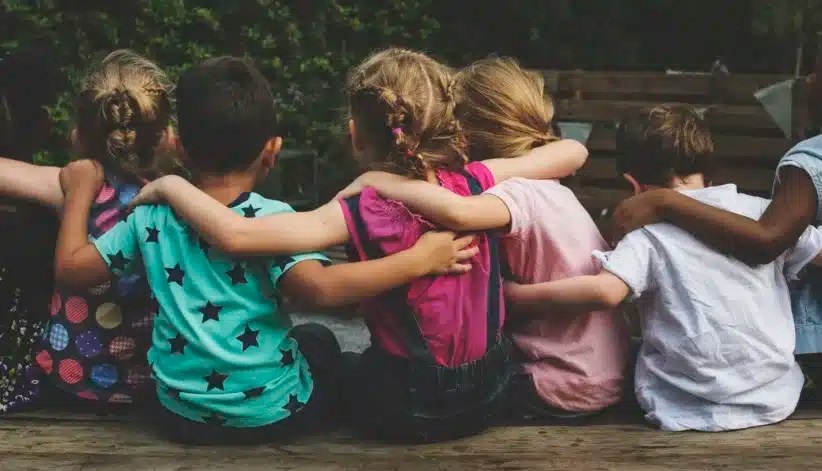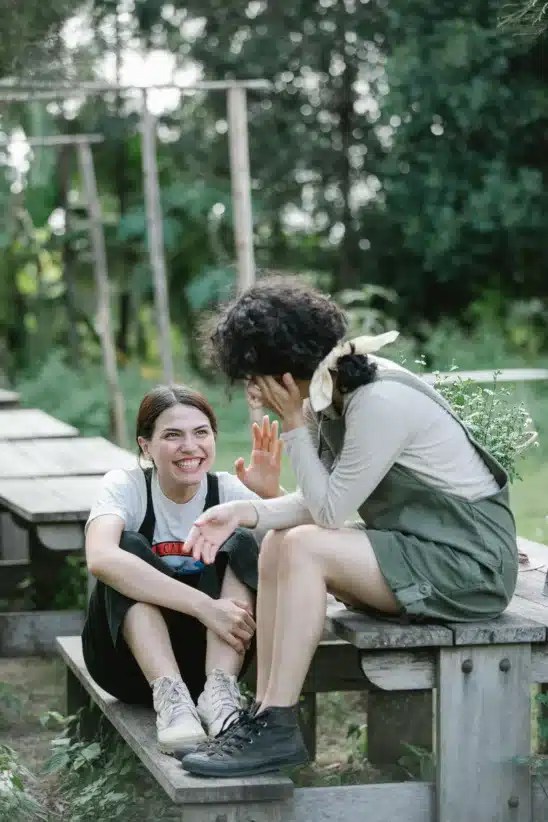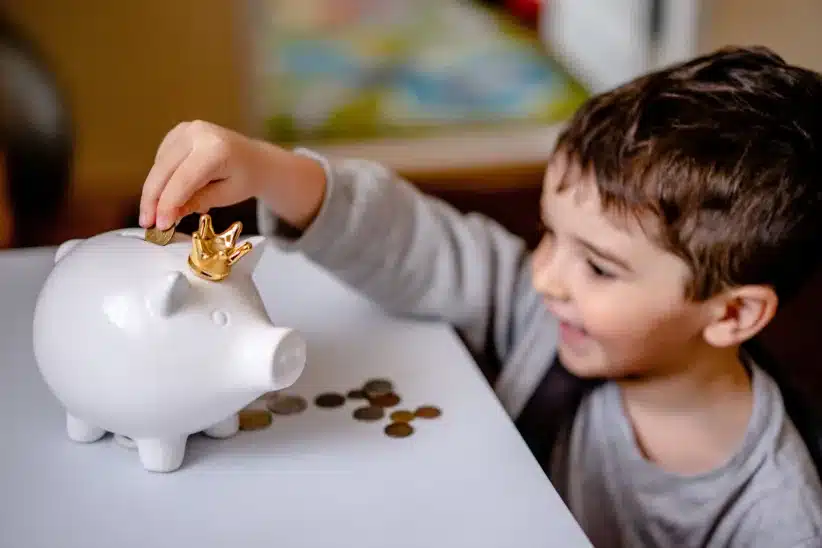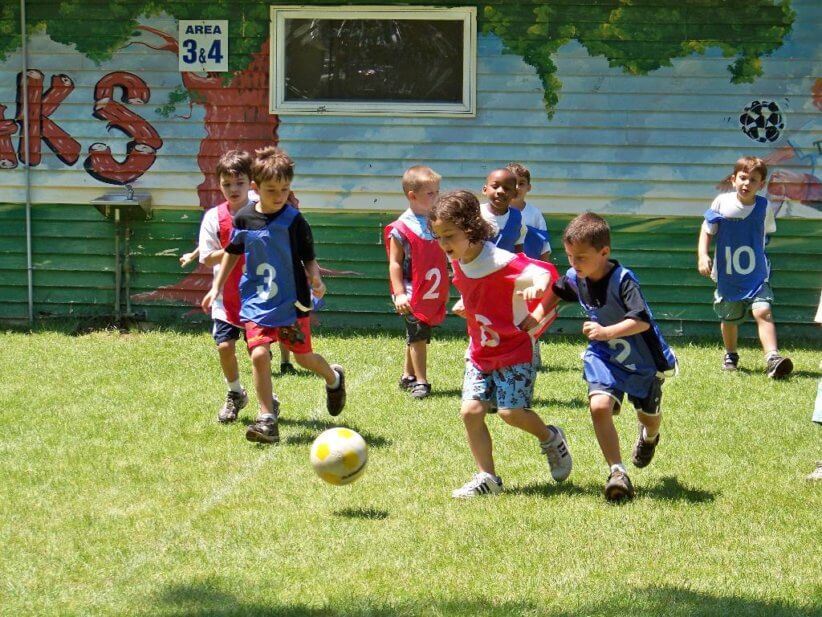
Summer camps have been around for over 150 years and while the rest of the world has changed tremendously through the years, in many ways, summer sleepaway camps have remained much the same. A summer spent at sleepaway camp can be like a trip back in time to a simpler and slower place — for many, a respite for 21st Century children living in an overscheduled and technologically overloaded time. Check out these ways camp is a bit like stepping back in time.
Technology Break
Camp may well be the last unplugged environment for children. It’s a place where iPhones and iPads are left at home, giving campers a chance to take a much needed break from technology. “I think in today’s world, the break from technology is one of the most important benefits of camp for children,” says Ginger Clare, Director of Camp Kippewa, a girls’ overnight camp in Maine. “While it can be hard for campers to be away from their phones and social media, campers come to realize how nice it is to have that break and be disconnected from the pressure of social media. With no screens, campers are having real face-to-face interactions with friends. If an issue arises, girls have conversations in real-time to work it out instead of messaging each other back and forth. Campers are actually learning how to have in-person interactions with peers at camp which is something that used to just happen before children had their own phones.”
Genuine Friendships
Camp allows for true friendships to thrive. The camp program is intentionally created for children to connect with one another and unlike the school year, campers have time to just focus on friendships without sports practice and school work getting in the way. “Unfortunately, today’s young people have a false sense of connection based on how many friends or likes they have on social media but these aren’t face-to-face connections,” explains Jed Dorfman, Director of Camp Walt Whitman, a coed overnight camp in New Hampshire. “At camp, everyone is so present. Campers bunk together and sit down together for meals. It allows for campers and staff to make meaningful connections like friends used to do so many years ago.”
Meals
It used to be that families would sit down together at the end of the day for dinner, but with after school activities most nights and dual working parents working longer hours, the family dinner is a rarity for most families. “Our camp comes together and eats as a camp family. Campers sit with their bunk and counselors and eat family style, with each person taking equal shares,” says Clare. “Camp is busy in its own way but it’s structured for building community and meal times allow everyone to chat around the table about the day or about a topic we provide to help structure the conversation.”
Outdoor Time
Let’s face it. Today’s children don’t spend as much time outside as they used to. During the school year, children are busy going from sports to a music lesson to hours of homework at home, with little time to just be outdoors. “Most of the day is spent outdoors at camp. Campers are running around, just breathing the fresh air and connecting with nature,” explains Clare. “On the opening night of camp, we have the girls just listen to the loons on the lake, the waves on the shore, and the buzzing of insects, allowing them to take the time to just appreciate the greater world and nature around us.”
Problem Solving
Camp is a place where campers can solve their own problems. “Growing up, all the kids would just play outside afterschool and we’d know to go home when the street lights went on,” recalls Dorfman. “Whether we were riding bikes or playing a sport together, we navigated our own way and addressed our own challenges and disagreements. These days, parents try to solve their kid’s problems. Camp provides children with the opportunity to learn how to work things out on their own again, with the support of their counselors, which is an essential learning skill that many children have lost.”
Responsibility for Self and Others
Years ago, children often had a list of chores to do at home to help with the household. They didn’t need to be told to do them — they just did them because it was what was expected of them. “Each day, campers make their bed in the morning, straighten their area, spin the job wheel and maybe might be sweeping the cabin or straightening things on the shelves. There is a level of responsibility for themselves and their community at camp,” explains Dorfman. Ginger agrees and explains that campers at Camp Kippewa are also responsible for cleaning up on a regular basis. “Everyone knows it’s an expectation. Our campers take turns setting the table for meals, putting the food on the table and clearing the table. They understand that what they are doing is for the greater good of the group.”
Autonomy
Today’s children don’t have as much independence as children did decades ago. Dorfman feels that when he was growing up, there was a much longer leash for children but today, the parental leash is so much shorter. “We as parents try and protect our kids from anything that can go wrong,” explains Dorfman. “Children at camp are really well supervised but at the same time, they are given a sense of independence where they can take healthy risks that kids took a generation ago. My sense is that children who feel autonomous are less likely to be anxious. That’s why kids feel like they are their best selves at camp because they are allowed room to thrive in a way that they can’t at home when parents often over involve themselves.”

















